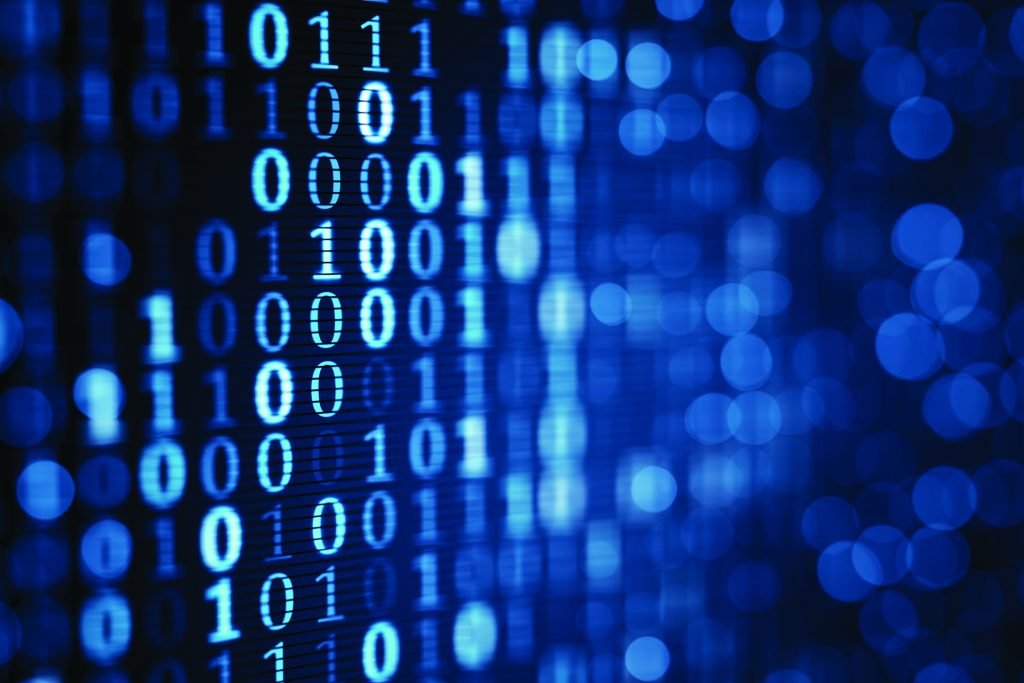Source – https://www.analyticsinsight.net/
With humungous data being the reason why organizations function, the importance given to data cannot be merely put into words. Over the years, data has enjoyed prominence in every field that one can possibly think of. This is why everyone dreams of landing a job in this field. However, getting a little confused as to what is data science, big data and data analytics and how are they different from each other is natural. These three terms have utmost importance in the magical world of data. They are similar in certain aspects and different in other areas. That said, having a clear picture in mind regarding all of them would ultimately result in you making a better career choice. Here is everything you need to know about data science, big data and data analytics.
Data science
Data science revolves around filtering the data in a manner that it is possible to extract information and draw meaningful insights from it. This field takes into account both structured as well as unstructured data.
Skills required to become a data scientist
- Coding languages like R, Python, Java, C/C++, etc.
- Ability to work with unstructured and structured data.
- Statistics and mathematics.
- Understanding the business problem and objective.
- Problem-solving
- Critical thinking.
- Strong communication skills.
- Fair knowledge about Hadoop and SQL.
Applications of data science
- One of the biggest applications of data science is in coming up with recommendations to the users based on the history. This is widely used by the E-commerce industry.
- Digital marketing.
Data analytics
Data analytics is nothing but working on raw data to be able to reach conclusions. This further helps the management in making better decisions. The main objective behind data analytics is to take steps that lead to the growth of the organization. It is solely on the basis of data analytics that the management team decides on new steps to be taken, rejecting certain ideas and even re-working on the decisions already taken. Ultimately, what everything boils down to is – the organization should be in a position to make decisions that address the issues, if any and/or take the organization to a different level altogether.
Skills required to become a data analyst
- Programming languages are a must to become a data R and Python are the two most sought-after languages by the recruiters.
- The ability to visualise data.
- Strong communication skills.
- Sound knowledge of statistics and mathematics.
- The ability to convert raw data into a form that it is possible to make better decisions.
- Machine learning. This is yet another key aspect that one should not neglect when aiming to become a data analyst
Applications of data analytics
Data analytics has a wide range of applications. Some of them are –
- Gaming
- Travel and tourism.
- Healthcare sector, etc.
Big data
The term “big data” evidently throws light on what it could be. Big data refers to huge volumes of data that cannot be processed effectively using traditional methods. The first step starts with processing the raw data that cannot be stored in any of the traditional systems. With data growing manifold, the term big data perfectly fits in. According to Gartner, “Big data is high-volume, and high-velocity or high-variety information assets that demand cost-effective, innovative forms of information processing that enable enhanced insight, decision making, and process automation.”
Skills required to become a big data specialist
- The ability to identify which data is relevant.
- The ability to create new methods to gather, interpret, and analyze a data
- Statistical and mathematical skills.
- Number crunching.
- Understanding the business objectives.
- The ability to come up with algorithms to be able to process the data.
Applications of big data
There are numerous applications of big data. Some of the key ones are –
- Fraud analytics.
- Telecommunication sector.
- Customer analytics.
No matter which career path you choose, your career would be promising for the sole reason that data is here to stay! It will continue to play a vital role in our lives for the years to come.
